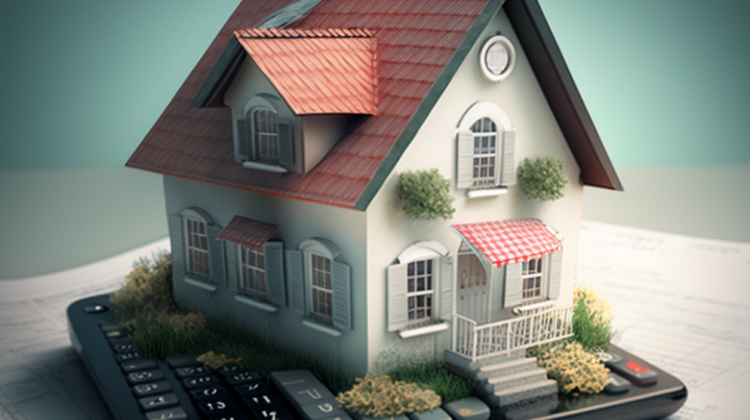
Refinancing a home loan can be an attractive option for homeowners looking to lower their interest rates, lower their monthly payments, or access their home equity. However, refinancing also comes with several potential disadvantages that borrowers should consider before refinancing.
This article will explore the disadvantages of refinancing a home loan.
- Cost of Refinancing: This is one of the main disadvantages of refinancing a home loan is its cost. Refinancing can come with various fees, such as origination fees, application fees, appraisal fees, and closing costs, which can add up to thousands of dollars. These fees can significantly increase the overall cost of the loan and may offset any savings that the borrower could have gained by refinancing. Therefore, it is crucial for borrowers to carefully evaluate the costs associated with refinancing and compare them with the potential savings before making a decision.
- Increase in Loan Term Refinancing: Increase in Loan Term Refinancing can lead to an increase in the loan term. When borrowers refinance, they often extend the loan term, which can increase the total interest paid over the life of the loan. For example, if a borrower has 20 years left on their mortgage and refinances to a 30-year loan term, they will end up paying more in interest over the life of the loan. Therefore, borrowers should carefully evaluate the impact of extending the loan term on their financial goals and long-term plans.
- Risk of Default Refinancing: If borrowers refinance their home loan to a lower monthly payment, they may need more time to stretch their finances. This can make it difficult for them to make timely payments and increase the risk of default. Therefore, borrowers should carefully evaluate their financial situation and ensure they can comfortably afford the new monthly payment before refinancing.
- Loss of Equity: Another disadvantage of refinancing a home loan is the loss of equity. When borrowers refinance, they often take out a new loan larger than their existing loan. This can lead to a decrease in home equity, impacting their ability to sell the home or borrow against the equity in the future. Therefore, borrowers should carefully evaluate the impact of refinancing on their home equity and long-term financial plans.
- Impact on Credit Score: Refinancing a home loan can also impact a borrower’s credit score. When borrowers apply for a new loan, lenders typically perform a hard credit inquiry, which can temporarily lower the borrower’s credit score. Additionally, if the borrower fails to make timely payments on the new loan, it can negatively impact their credit score. Therefore, borrowers should carefully evaluate the impact of refinancing on their credit score and ensure that they can make timely payments on the new loan.
Refinancing a home loan can be a valuable tool for homeowners looking to lower their interest rates, lower their monthly payments, or access their home equity. However, it also comes with several potential disadvantages that borrowers should carefully evaluate before deciding.
The cost of refinancing, increase in the loan term, risk of default, loss of equity, and impact on credit score are some potential disadvantages that borrowers should consider before refinancing their home loan.
Therefore, it is crucial for borrowers to research, compare their options, and carefully evaluate the impact of refinancing on their financial goals and long-term plans.